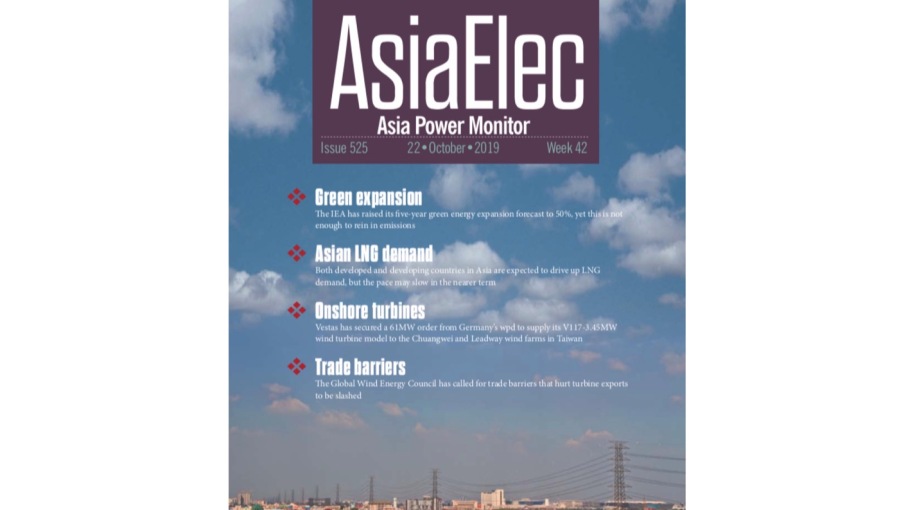AsiaElec: Southeast Asia & Pacific to benefit from COP26

As the world looks back at COP26, still trying to separate the positive steps taken from resounding claims from environmentalist groups of it having failed, Australia, Japan and the United Kingdom have each made financial pledges towards addressing ongoing climate issues in Southeast Asia and across the Pacific that have not gone unnoticed in the region.
Leading the way is Japan with a pledge of up to $10bn over the next five years, primarily to aid in Southeast Asian nations’ moving towards eventual zero carbon emissions in their own right.
Speaking in Glasgow, recently appointed Japanese Prime Minister Fumio Kishida said: “Japan will press forward (to) undertake efforts toward net zero emissions in Asia, the engine of global economic growth.”
Japan’s commitment to its neighbours is just the latest example of Tokyo leading by example in Asia after a promise to contribute $60bn in ‘climate finance’ earlier in the year.
The Japanese Prime Minister was speaking less than a week after being given the nation’s top political post, and in making his first global address, went on to refer to efforts at home to cut emissions as Tokyo seeks to reduce overall emissions by 46% by the end of the current decade, then push towards an eventual zero emissions goal by 2050.
In announcing this, Mr. Kishida went off script somewhat, surprising some in Tokyo, by upping the pre-announced 46% figure, saying (Japan) aims to “continue strenuous efforts in its challenge to meet the lofty goal of cutting its emissions by 50%”
Australia, meanwhile, has pledged an additional $500mn on top of $2bn already promised, to specifically aid South East Asian and offshore Pacific Island nations address their own climate issues.
Prime Minister Scott Morrison, despite being continually attacked on the home front for doing too little, too late, said there is “no greater threat to our Pacific family than climate change.”
Sources in Australia indicate that around $700mn of the total will be set aside specifically for use in the Pacific states most affected over the next three years, with Mr. Morrison saying: “Australia’s assistance will support Pacific and Southeast Asian countries to enhance climate resilience for future infrastructure investment, including roads, schools and bridges. It will also drive private sector-led climate solutions that support clean technology, jobs and growth across our region.”
Having been criticised several times in recent years for failing to meet non-binding commitments made at COP16 in Copenhagen, Denmark, in 2009, the Australian Prime Minister added “We must empower and enable developing countries to industrialise and lift their incomes and standards of living in a new, decarbonised energy economy.”
Washington DC-based non-profit research organisation World Resources Institute added to the pressure on Canberra as a regional powerhouse by claiming Australia needs to up the ante and spend up to $3bn each year to effectively contribute to limiting global warming in line with its standing in the world.
Staying relevant in the region, the United Kingdom this year has repeatedly made efforts to increase relations across the Indo-Pacific as it looks to engage with the Trans-Pacific Partnership and ASEAN nations, so it came as no real surprise to see a donation of GBP290mn ($390mn) towards aiding climate action programmes in the region.
Speaking as the COP26 ended in Scotland, the United Kingdom’s International Trade Minister Anne-Marie Trevelyan said the global community “must act now” and that all those pledging finances are “aiming for significant change.”



Follow us online